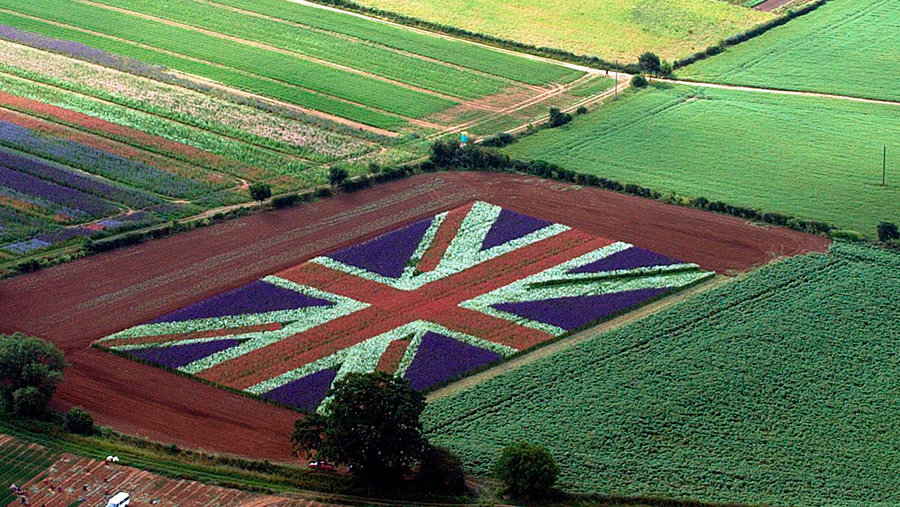CBI demands free-trade deal for UK agriculture post-Brexit
 © Brian Bould/Daily Mail/REX/Shutterstock
© Brian Bould/Daily Mail/REX/Shutterstock UK agriculture must continue to have unfettered access to the EU single market after Brexit, business leaders have warned.
In a report called Making a Success of Brexit [PDF], the Confederation of Business Industries (CBI) says a “barrier-free” relationship with the EU and access to skilled labour should be at the heart of a smooth Brexit.
And the business lobby group calls on the government to take a “whole economy” approach to ensure no single sector is left behind in the Brexit deal.
See also: Leadsom prepares to take food exports ‘to the next level’
The report, published on Wednesday (21 December), said 72% of agriculture exports are to the EU and agricultural businesses want UK-EU trade to take place “on a preferential basis free of tariffs”.
“The EU’s importance to the sector as an export destination is likely to remain high, as perishable goods – such as milk and fresh produce – do not travel long distances well, despite innovations,” it stated.
Therefore, it warns that UK agriculture could be put at a “real long-term competitive disadvantage” if products become subject to tariffs.
WTO fall back
If the UK has to fall back on World Trade Organization (WTO) rules, exports into the EU could be subject to: a 36% tariff for dairy, 20% for animal products and 10% for fruit and vegetables.
Agricultural industries in the UK and Republic of Ireland (RoI) are also “tightly integrated”, said the report.
“Large amounts of RoI farm products are sold to the UK,” it adds. “For example a quarter of the north’s milk pool is processed in factories in the south.”
See also: UK-Irish Brexit deal vital for agriculture, says peers
In addition, the CBI report said any post-Brexit system in the UK “must take into account that 34,000-plus non UK-born workers employed in agriculture are EU migrants”.
“These workers do both full-time jobs in year-round industries like dairy and farming, and are employed for seasonal work, for example in horticulture,” it added.
An average of 55% of the total annual income from farming comes from EU farm support payments (worth an estimated £3bn).
Although farmers would “generally rather not rely on subsidies to be viable”, they are necessary because of “the way the global market works”, said the report.
“Outside the EU, a new funding deal for agriculture must be agreed,” it added.
The government said it is committed to getting the best deal for agriculture under Brexit.
The UK has a trade deficit with the EU worth around £12bn.
Despite this, EU ministers and politicians have warned the UK government might have to reconcile its desire for quotas on immigration and a free-trade agreement post-Brexit.
